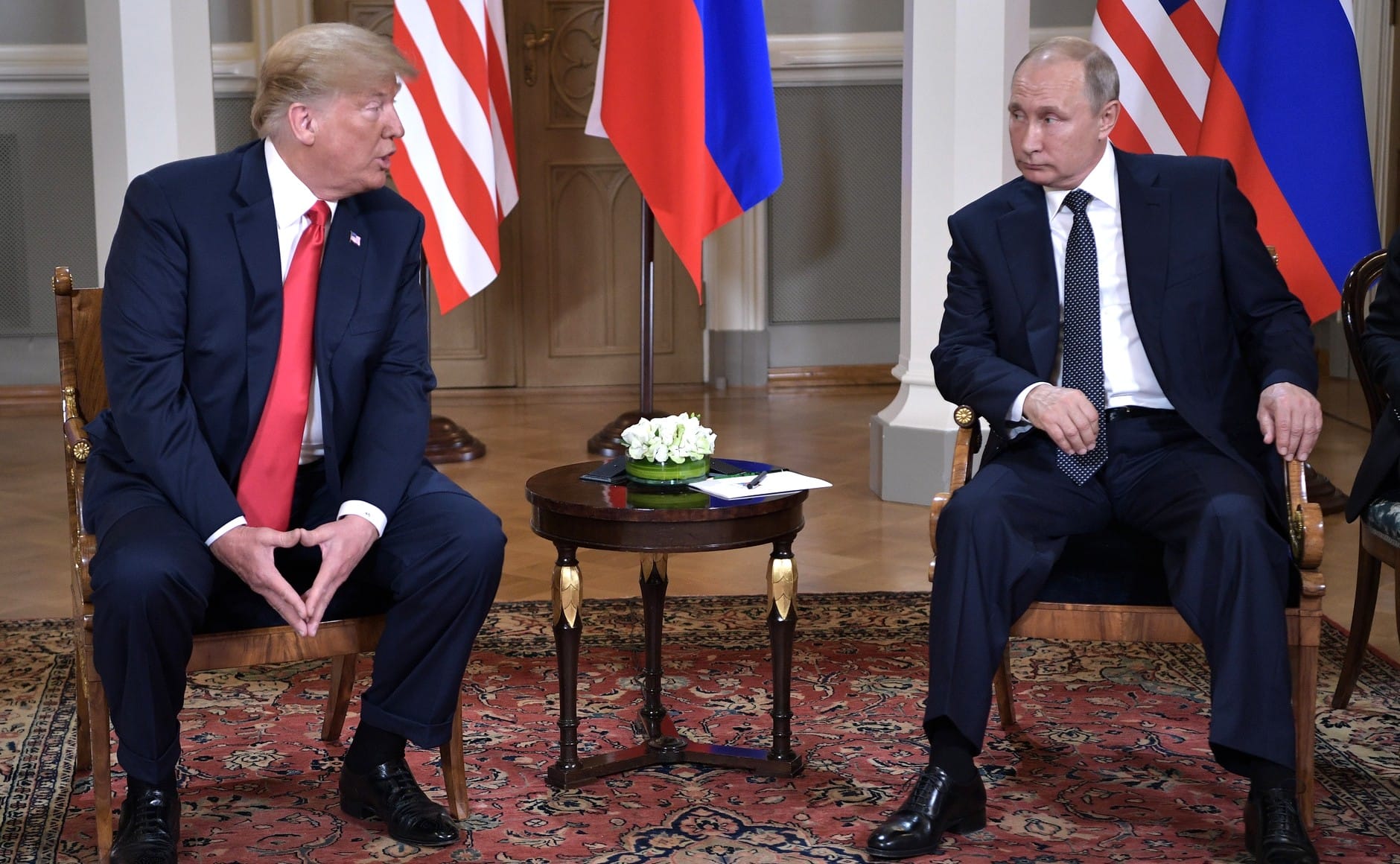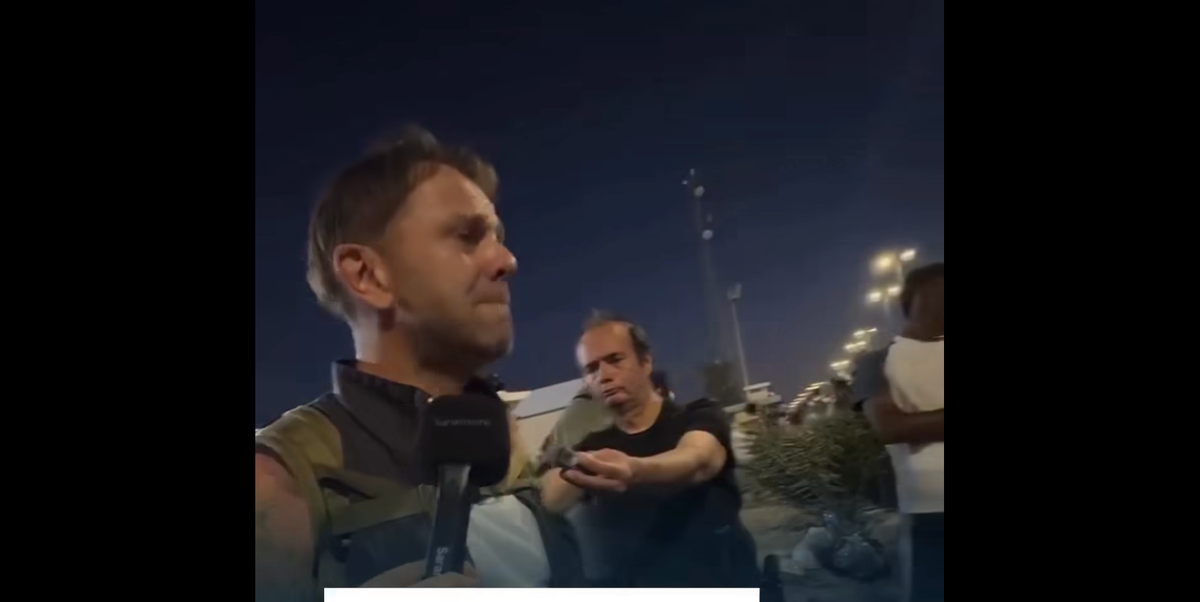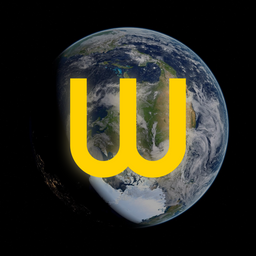Russia sees NATO as the Enemy Escalating WW3 As Trump's Peace Gambit Falters
As Trump traveled to Europe, Kyiv voiced frustration over stalled talks. Zelensky urged clarity, fearing territorial concessions, while Trump blamed both sides, avoiding direct criticism of Putin.

As the Russia-Ukraine war grinds into its fourth year, the Kremlin has unleashed a torrent of statements, framing NATO not as a defensive alliance but as an active belligerent in a broader conflict with Moscow. The NATO's aggressive stance against Moscow was triggered by allegations of recent Russian drone incursions into Polish and Romanian airspace. This has amplified fears of a wider European conflagration, with Ukrainian diplomats openly invoking the specter of World War III. Meanwhile, U.S. President Donald Trump's high-profile push for a peace deal appears increasingly mired in mutual recriminations, leaving allies questioning the path forward. This analysis dissects the latest developments, their strategic underpinnings, and the precarious balance of power in Eastern Europe.
Drone Shadows Over NATO's Eastern Flank: A Calculated Probe?
The flashpoint igniting this latest round of tensions was the overnight incursion of 19 to 23 Russian drones into Polish airspace on September 9-10, 2025, amid a massive barrage against Ukrainian targets. Warsaw wasted no time in invoking NATO's Article 4 consultations—a step short of the collective defense trigger in Article 5—signaling a "significant threat" to its sovereignty. Poland's foreign minister went further, proposing a NATO-enforced no-fly zone over western Ukraine to shield alliance borders from spillover attacks.
Some analyst believe that from Moscow's vantage, this was no accident but a deliberate "test" of NATO's resolve, as Polish officials have charged. Kremlin spokesperson Dmitry Peskov responded by declaring the alliance "at war" with Russia, a narrative echoed across state media and echoed by former President Dmitry Medvedev.
On the other hand, the NATO's sudden strong stance will help to domesticate the conflict with the Kremlin justifying escalated military spending with a new war cry that Russia is a victim of Western aggression. Yet, analysts note the incursion's limited scale—drones veered off course rather than executing a targeted strike—suggests probing rather than prelude to invasion, buying time as Russian forces regroup in Donbas.
NATO's response has been measured but firm: reinforcements under Operation Eastern Sentry have bolstered Poland's defenses, while the UN Security Council convened an emergency briefing on drone warfare's destabilizing role. The alliance's unity, once a post-Cold War triumph, now faces strain; Eastern members like Poland demand bolder action, while Western capitals prioritize de-escalation to avoid nuclear brinkmanship. If unaddressed, these probes could erode deterrence, inviting bolder Russian adventurism.
WW3 Whispers: From Drones to Missiles on London or Paris?
Then came dire warnings from Kyiv's representatives at the UN, who caution that Vladimir Putin's next move could target "Berlin, London, Paris—or even America" if NATO's red lines remain blurred. Ukraine's envoy, Andriy Melnyk, painted a stark picture: the world is "staring into the abyss of a Third World War," with Russian Tu-22M3 strategic bombers now drilling simulated strikes on Western targets. This nuclear posturing—deployed amid the drone crisis—underscores Putin's doctrine of "escalate to de-escalate," where shows of force aim to coerce concessions without full commitment to war.
These threats aren't mere bluster; they exploit NATO's internal debates over escalation. U.K. and French officials have quietly fortified air defenses in response, but public discourse in London and Paris remains subdued to avoid panic. From a strategic lens, analysts say Putin's calculus ties his regime's survival to perpetual confrontation with the West, as one analysis posits: ending the Ukraine war on unfavorable terms could invite domestic backlash.
Ukrainian perspectives add urgency: without a no-fly zone or enhanced air defenses, drone swarms could normalize cross-border violations, inching toward Article 5 invocation. Western hawks argue for preemptive measures, while doves warn of a slippery slope to global conflict. The UN's recent session highlighted drone tech's asymmetry—cheap, deniable, and lethal—positioning it as the new frontier in hybrid warfare.
Trump's Diplomatic Tightrope: Peace Promises Meet Stalled Talks
Enter Donald Trump, whose return to the White House has injected unpredictability into the equation. The president has repeatedly touted his intent to broker a Ukraine peace deal, committing publicly to negotiations despite "mounting obstacles." Recent overtures include pressing Europe to curb Russian oil imports—netting Moscow €1.1 billion monthly—and hinting at U.S. air assets to enforce any truce, though ground troops remain off the table.
Yet, as Trump jetted to Europe amid fresh Kyiv drone strikes, the Kremlin dismissed talks as "more on pause" than active, confirming Kyiv's long-held frustrations. Zelensky, in a pointed appeal, demanded a "clear position" from Trump, wary of concessions that might cede territory without ironclad security guarantees. Trump, in turn, blamed both sides equally—"it takes two to tango"—while sparing Putin direct criticism, a stance that irks Ukrainian and European allies.
This pessimism marks a shift from Trump's early bravado; sources close to the administration describe growing doubts about a swift resolution, with backchannel efforts yielding little beyond finger-pointing at Europe and China. Strategically, Trump's approach leverages U.S. leverage over aid flows but risks alienating NATO partners if perceived as pro-Russian appeasement. For Ukraine, it's a high-stakes gamble: a deal could halt the carnage, but at the cost of sovereignty; for Russia, it validates hybrid tactics without full victory.
Broader Implications: A Fractured West and Putin's Endgame
These threads—drone provocations, nuclear feints, and diplomatic gridlock—reveal a Kremlin strategy of attrition, betting that Western fatigue will outlast Ukrainian resolve. NATO's cohesion holds, but cracks are evident: Poland's militancy contrasts with Germany's caution, while Trump's "America First" lens prioritizes deal-making over alliance-building. Economically, Europe's energy dependence on non-Russian sources has hardened, yet sanctions evasion via China sustains Moscow's war machine.
The human toll remains staggering—over three years of devastation in Ukraine, with no end in sight. As Putin pegs his legacy to "denazification" and territorial gains, the West must calibrate support to deter without provoking. A no-fly zone or escalated sanctions could tip the scales, but at the risk of the very abyss Melnyk evokes.
In this powder keg, Trump's tango may yet yield a breakthrough—or deepen the divide. For now, the world watches as rhetoric hardens into potential reality, a reminder that in geopolitics, words are the first casualties of war.



